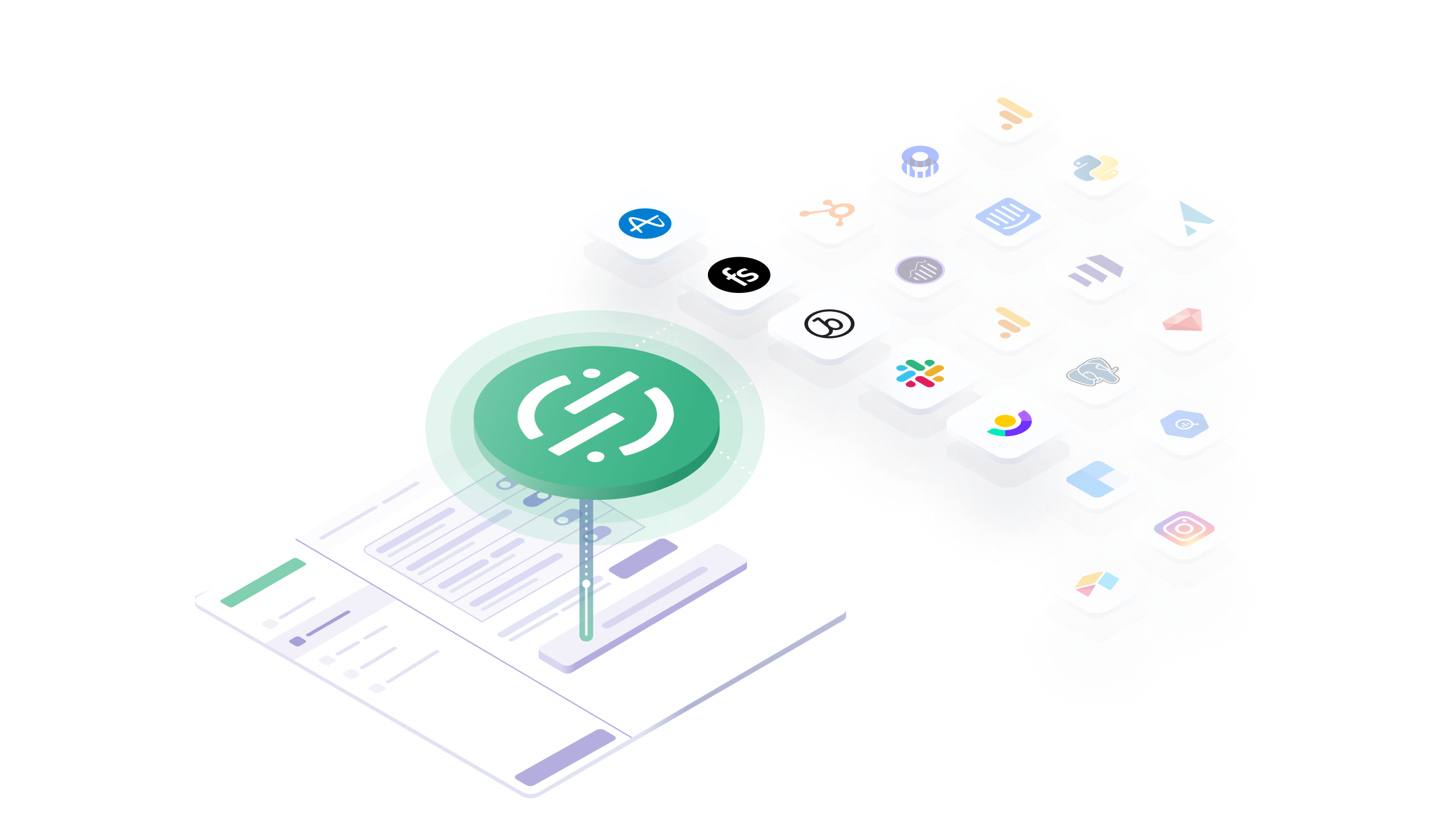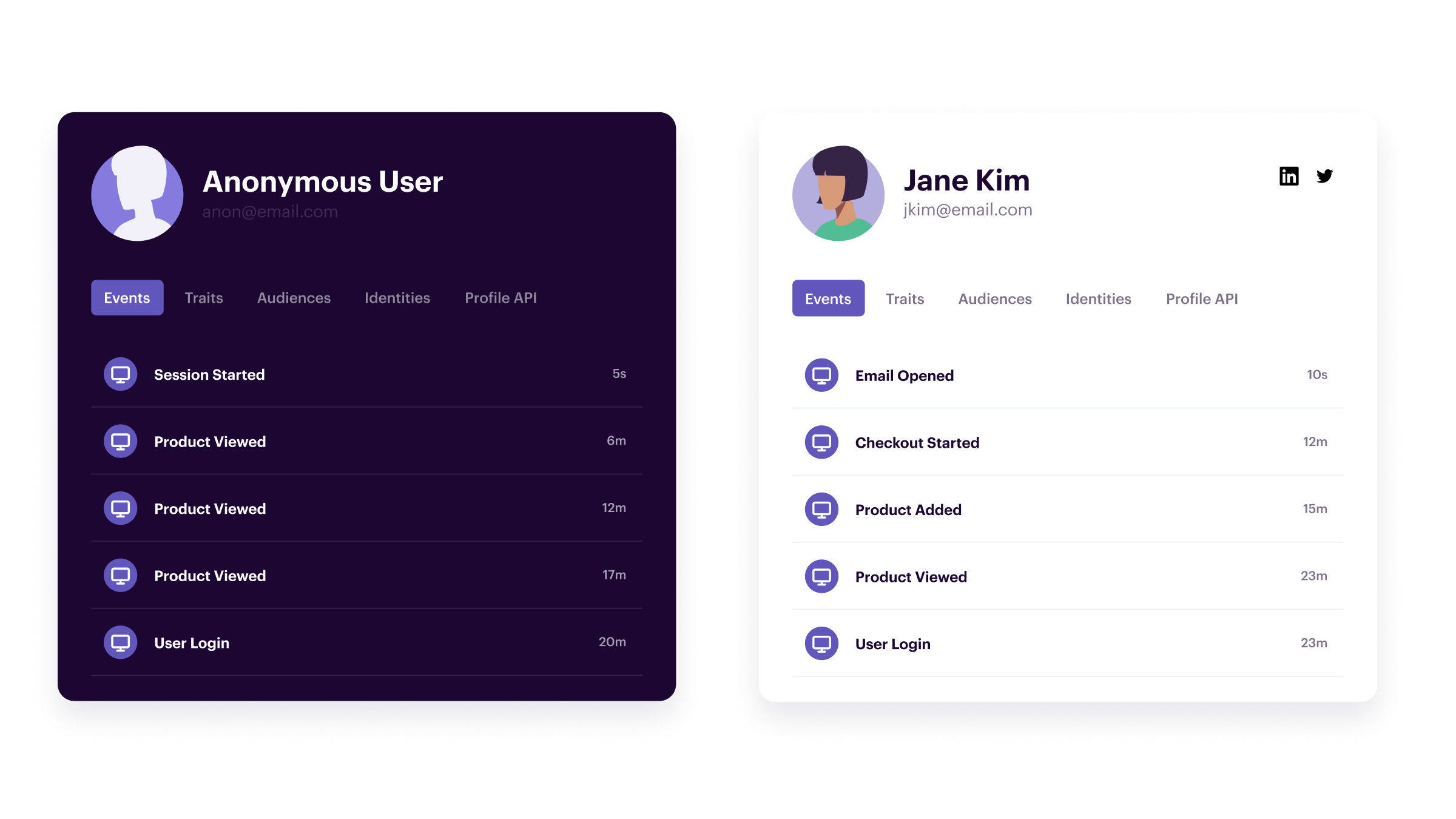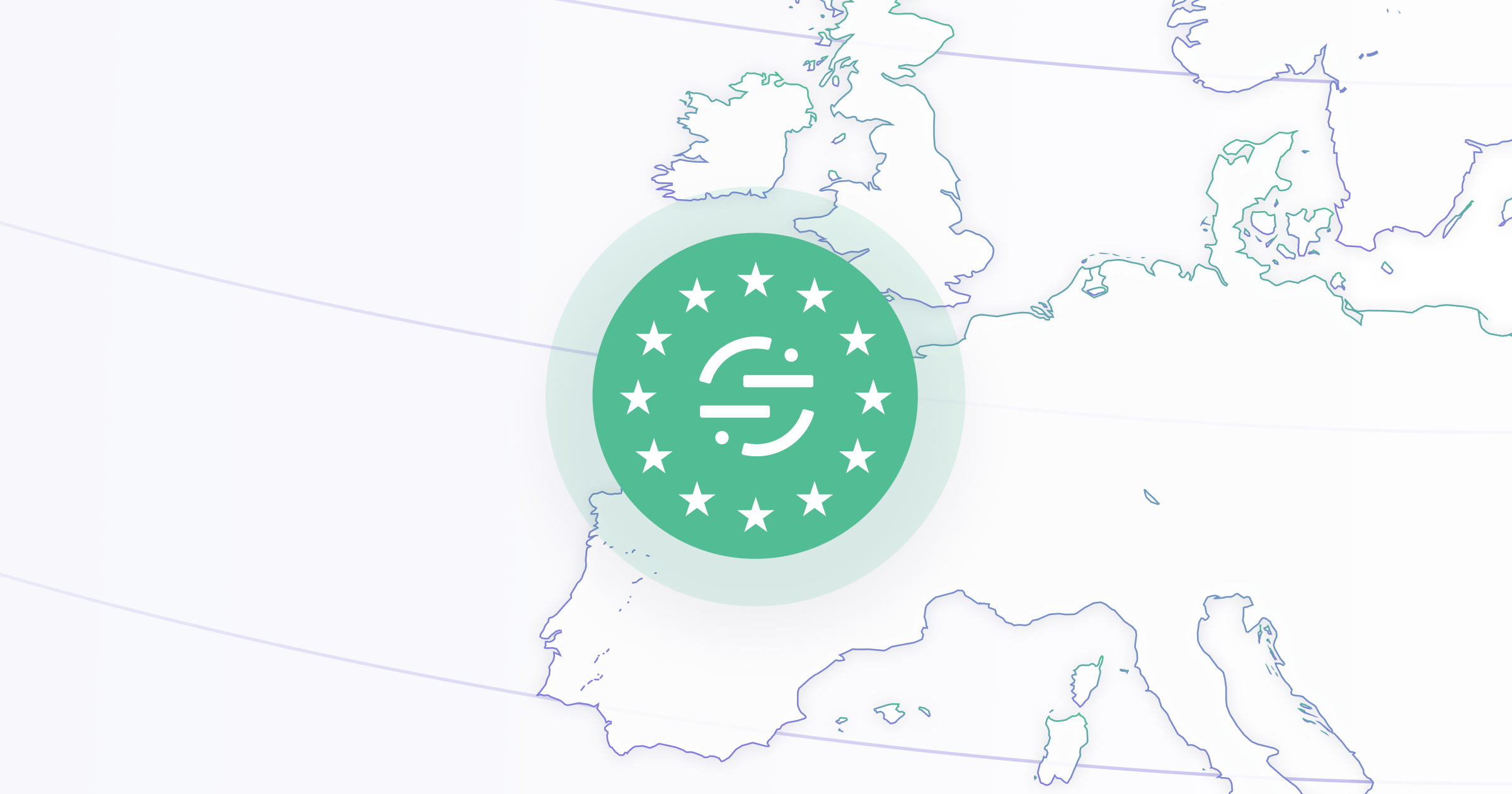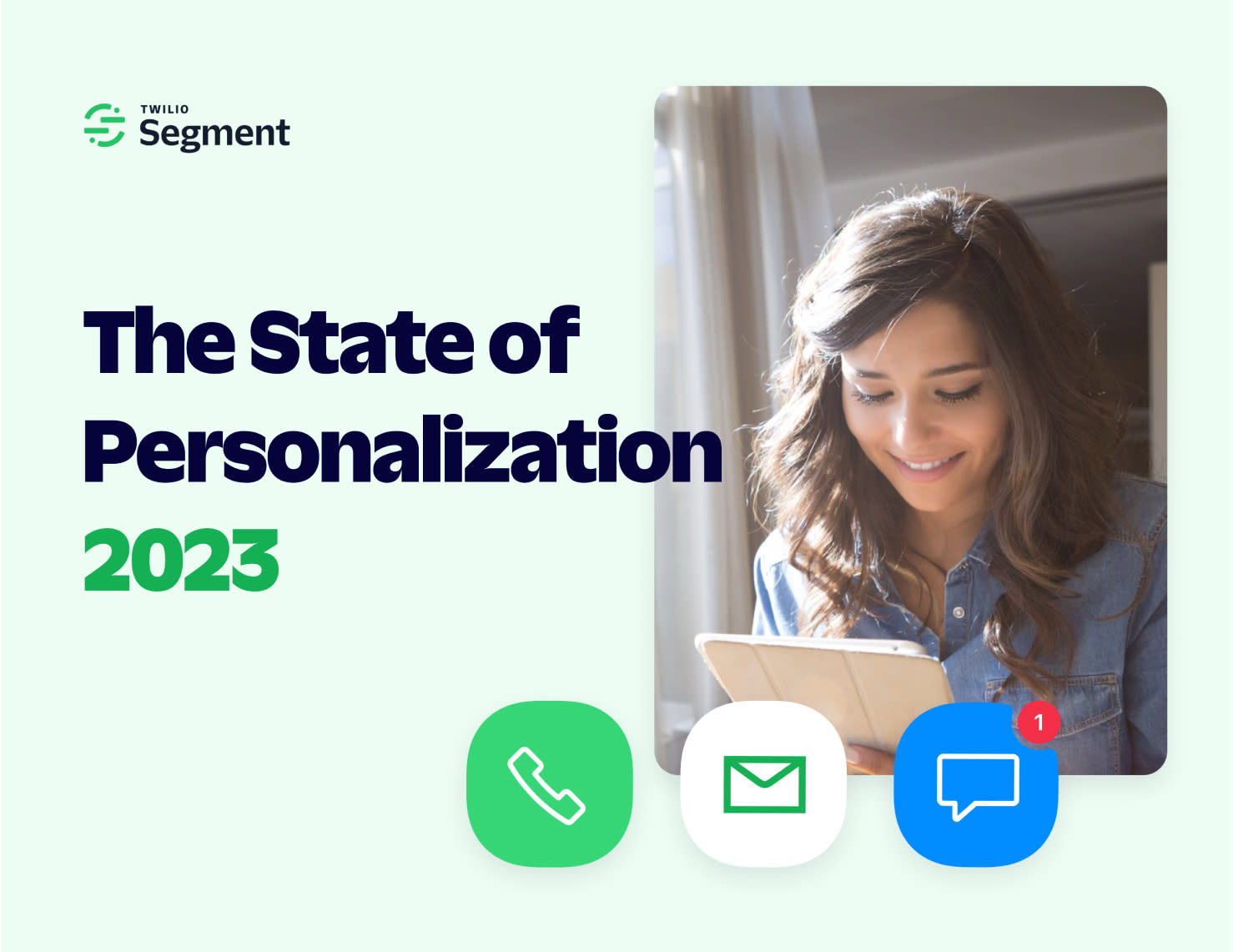5 Commonly Asked Questions about Twilio Segment
Curious about CDPs? Here's the 5 most commonly asked questions about Twilio Segment.
Feb 17, 2022
By Kathleen Velasquez
As a Product Marketing Manager, there’s nothing that delights me more than helping customers understand why Twilio Segment is the #1 CDP. On that note, I’m absolutely ecstatic about the lively discourse during our recent webinar on Building Omnichannel Personalization at Scale without Code.
For those of you who weren’t able to attend, here’s a quick recap of what we covered:
Why personalizing customer interactions is a necessity to compete in the market
Overcoming obstacles to personalization by solving for fragmented data
How to build personalization across all channels, without code
(If that excites you, you can watch the recording of the session here. Or better yet, catch it again by signing up for our second event on March 3rd.)
CDPs have the power to transform how business is done, and it’s understandable to have lots of questions about what impact a CDP will have on your business. We took real questions sent in from our attendees in our live session to answer some of the most common questions we get about Twilio Segment. Think of this as a cheat sheet to help you do your research on CDPs!

What is a CDP, and Twilio Segment for that matter?
You often see Twilio Segment described as a “CDP”, or customer data platform. It may sound like jargon, but it actually is a meaningful term to describe a platform that ties all of your customer data together to capture the full history of each relationship. Here’s what a CDP actually does for your business:
Collect and organize your customer data from every data source (such as a data warehouse or marketing automation platform), across every channel. Not just one ecosystem of applications that force you to select from a set of prebuilt connectors. We really do mean getting data from all of your sources and getting them to their destination.
Validate and transform your customer data so it is clean and accurate. How do we do it? By giving you tools to automate and scale data hygiene.
Consolidate and combine your customer data to create a unified customer profile. We’re not collecting basic contact lists for a singular campaign here - you can click on someone’s name and see where they came from, everything they looked at, and what purchases they’ve made.
Build personalized experiences at scale for each customer: this is the big one. You can orchestrate personalized customer experiences directly on Twilio Segment. We’re not limited to just email or social media, either: we want you to reach your customers on every touchpoint.
What are some use-cases for Twilio Segment across different industries?
Let’s run through just a few of the many use-cases that Segment supports - these are just the tip of the iceberg!
Say you’re a retail company and you’re having trouble creating an omnichannel customer experience. If you’re looking to invest in delivering personalized experiences to your customers, you need to tie all of your customer data together and be able to act on them.
If you’re a SaaS company, observing the customer lifecycle from the acquisition funnel to user behavior in your product unlocks a goldmine of insight into the customer journey.
In media and entertainment, effective monetization through ads, subscriptions, and other purchases depends on connecting user interactions across platforms and brands.
Financial services companies use us to modernize their stack and improve the customer experience.
And finally, every digital-native business needs reliable, actionable customer data to react quickly to market conditions and remain competitive.
All of these verticals share a common theme: If you want to reach your customers on every channel, you’ll need to understand what their interactions look like on those channels.

Can you explain how you automate identity resolution?
In the session, I demonstrated a product called Personas. Gathering web, mobile, server, and third party interactions for the same user can be challenging because these touchpoints are rarely connected together. Personas merges the complete history of your customers’ activities across devices and channels into a unified profile, in real time. Behind the scenes, we accomplish this using an online and offline user ID graph with support for cookie IDs, device IDs, emails, and custom external IDs.
This lets us do some super cool stuff! For example, Personas can keep track of interactions that even anonymous users have with you. When that anonymous user finally signs up for an account, you can link to their previous activities and understand exactly how users convert.
If Personas sounds awesome, that’s because it is - but it’s also the tip of the iceberg. There’s tons of things that Twilio Segment can do with that collated data, but that’ll be a subject for next time. (Or you can just watch the demo to see what I do with them.)
Can Twilio Segment integrate with custom sources and destinations?
Remember when I said that we collect and organize customer data from every data source? Functions enables you to integrate with custom sources and destinations with a simple webhook - just a few lines of code.
I love Functions because it makes your (stack) dreams come true. In order to build the systems that drive personalization and growth, developers need to be equipped with the flexibility to route their trusted, secure, first-party data wherever their teams need it. Functions strikes that sweet spot of enabling extensible customization but without the high costs of internally building a solution from scratch.
If you have a question along the lines of “can Segment integrate with this?”, the answer is almost always going to be yes, with Functions. Check out our documentation here.

How does Twilio Segment handle GDPR for EU users?
The characteristics of a CDP may, in principle, sound challenging when it comes to GDPR. Rest assured, we’re well prepared to help you with compliance. We have an entire Privacy Portal that is dedicated specifically to handling privacy. We support Privacy-Conscious Personalization, as well as integrations with ad platforms' cookie-less campaign monitoring products. Our Privacy Portal documentation also gives a lot more detail about how we support GDPR compliance.
Best of all, we recently launched a fully regionalized deployment for Twilio Segment in the EU. Regional Segment enables you to ingest, process, and store customer data entirely in the EU to personalize customer interactions while remaining compliant. Find out more here.
How do I learn more about how the #1 CDP works for my business?
Every business has their own unique situation, with different challenges to solve. That’s why it’s so important to schedule a 1:1 demo with our Twilio Segment experts so you get an in-depth perspective on how we can help with your specific situation. Sign up today to learn more. If you’d like to attend a session of Building Omnichannel Experiences at Scale without Code, you’re in luck! You can watch the on-demand session here or sign up for the rerun session on March 3rd here. Hope to see you soon!
The State of Personalization 2023
Our annual look at how attitudes, preferences, and experiences with personalization have evolved over the past year.
Get the report
The State of Personalization 2023
Our annual look at how attitudes, preferences, and experiences with personalization have evolved over the past year.
Get the report
Share article
Recommended articles
How to accelerate time-to-value with a personalized customer onboarding campaign
To help businesses reach time-to-value faster, this blog explores how tools like Twilio Segment can be used to customize onboarding to activate users immediately, optimize engagement with real-time audiences, and utilize NPS for deeper customer insights.
Introducing Segment Community: A central hub to connect, learn, share and innovate
Dive into Segment's vibrant customer community, where you can connect with peers, gain exclusive insights, and elevate your success with expert guidance and resources!
Using ClickHouse to count unique users at scale
By implementing semantic sharding and optimizing filtering and grouping with ClickHouse, we transformed query times from minutes to seconds, ensuring efficient handling of high-volume journeys in production while paving the way for future enhancements.